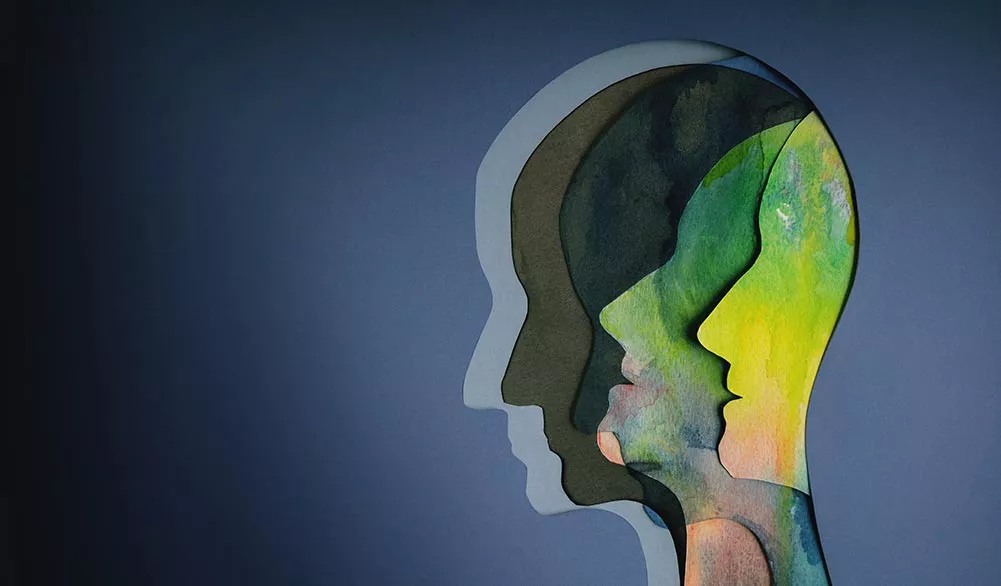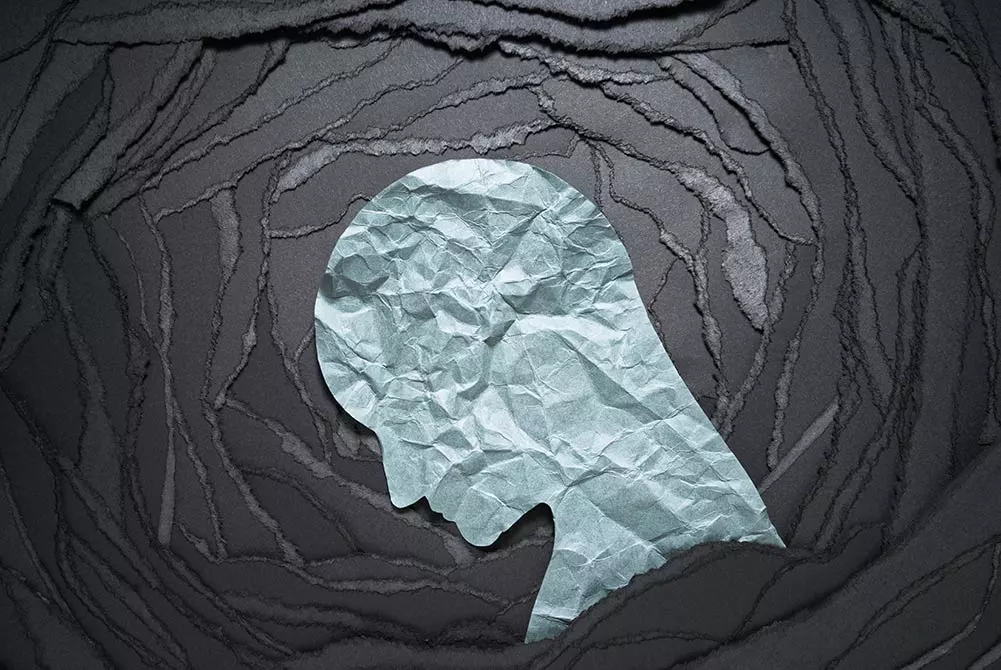Bipolar Disorder is a mental health condition that causes drastic changes in mood over some time, ranging from feelings of euphoria (mania) to depression.
We all have some understanding of the disorder from how the media describes or gives attention to it. The term “bipolar” is often used colloquially to describe a drastic shift (like someone referring to “bipolar” weather). However, media depictions that are done incorrectly like this can be very harmful to those with bipolar disorder, as they can misrepresent or make light of what the disorder is actually like to experience.
In recent years, more people have been conscious of discussing the disorder appropriately so that people can better understand the disorder as a whole. By learning more about bipolar disorder, you can learn to understand how it may affect yourself and others.
Bipolar disorder (formerly known as “manic depression”) is a mental health condition characterized by alternating periods of depression and mania. While depressive episodes typically present with low energy and feelings of emptiness, manic episodes often present with intense excitement and euphoria. Manic symptoms with less severity may instead be “hypomanic” episodes.
Symptoms of bipolar disorder can vary between people, so it is typically categorized into a few distinct types, including:
Bipolar I – characterized by at least one manic episode that lasts a week or more or with symptoms severe enough to warrant hospitalization, followed by depressive episodes that last at least two weeks. This may also involve hypomanic episodes, but must include a manic episode, too.
Bipolar II – characterized by hypomanic and depressive episodes. In this case, the hypomanic episodes may be less intense than the manic episodes with bipolar I, and no manic episodes have been experienced.
Cyclothymic disorder – involves alternating periods of depressive and hypomanic symptoms that last for 1-2 years. In this case, symptoms are often less severe and don’t meet the criteria for a different bipolar diagnosis.
Other types or presentations of the disorder are possible, as are similarities with other disorders. Talk to your doctor if you think you may have bipolar disorder to discuss your treatment options.
Diagnosis of bipolar disorder depends on the depressive and manic symptoms present.
Hypomania, experienced by those with Bipolar II or Cyclothymia, involves the same symptoms as mania, but with less severity.
Bipolar disorder can look different in different people, so it’s important to talk to someone if you think you’ve experienced many symptoms of the disorder. Talk to your doctor about the possibility of bipolar disorder and what you can do to treat it.
Like many other mental health conditions, there’s no one cause of bipolar disorder known at this time. Many factors contribute to its development, including:
Other existing mental health conditions, like ADHD, eating disorders, and anxiety disorders can also increase your risk of developing bipolar disorder.
Bipolar disorder treatment often includes a combination of therapy and medication. Unlike many other mental health conditions, medication is more often started quickly after diagnosis to help stabilize the person’s mood. While this is often done through mood stabilizers, other medications, like antidepressants or antipsychotics, may be used instead, depending on the person’s unique circumstances. Medications are often used permanently to treat bipolar disorder.
Alongside medications, therapy can help those with bipolar disorder process their thoughts and feelings, recognize patterns and behaviors, and find helpful coping strategies to address manic, hypomanic, or depressive episodes.
In more severe cases of bipolar disorder, hospitalization may be required to protect someone and provide proper care. Most of the time, this is temporary and the person’s treatment plan may need to be altered after to ease severity.
If you or someone you love has bipolar disorder or is experiencing many symptoms, talk to a doctor or mental health professional to get the appropriate help as soon as possible. Treatment can be highly effective and make a world of difference in experiencing bipolar disorder.
Bipolar disorder and substance use disorders (SUDs) frequently occur together, with studies showing that between 22% and 59% of individuals with bipolar disorder will develop a substance use disorder in their lifetime. This rate is significantly higher than in the general population. Alcohol and cannabis are the most commonly misused substances among people with bipolar disorder, followed by cocaine and amphetamines.
The relationship between bipolar disorder and substance use is complex and bidirectional. While substance use may increase the risk of developing bipolar disorder, having bipolar disorder can also make someone more vulnerable to substance use and addiction. Many individuals report using substances to self-medicate their mood swings or alleviate symptoms during manic or depressive episodes, though this often worsens their condition over time. Those who experience mania are particularly vulnerable, being 6 times more likely to misuse alcohol and 14 times more likely to misuse drugs than the general population. However, the risk of developing a SUD remains high for those with Bipolar II as well.
Treatment is most effective when both bipolar disorder and substance use disorder are addressed together through a comprehensive approach. This typically includes:
A successful treatment plan typically includes:
Because the prevalence of SUDs in those with bipolar disorder is so high, it’s important that professionals intentionally ask about both when diagnosing the other. When someone has a dual diagnosis of bipolar and SUD, both must be treated. Long-lasting recovery depends on effective treatment of all coexisting disorders to prevent recurrence or worsening of symptoms. If you think you may have a problem with substance abuse and have been diagnosed with or may have bipolar disorder, talk honestly with your doctor about both issues to ensure you find the best treatment for your specific needs.
If you are seeking help with your loved one’s addiction, contact us today or complete our quick contact form below, to speak with an addiction treatment specialist.
If you need help with your substance use disorder, we are here to help you build your confidence and momentum towards the future you want. We provide treatment services for adults with alcohol, opioid, and other substance use disorders. We are currently located in Florida, Louisiana, Massachusetts, New Jersey, North Carolina, Ohio, Texas, and Washington.
 Types of Personality Disorders
Types of Personality Disorders
 Anxiety Disorders
Anxiety Disorders
 Therapy for Anxiety, Depression, Trauma: 3 Common Types
Therapy for Anxiety, Depression, Trauma: 3 Common Types